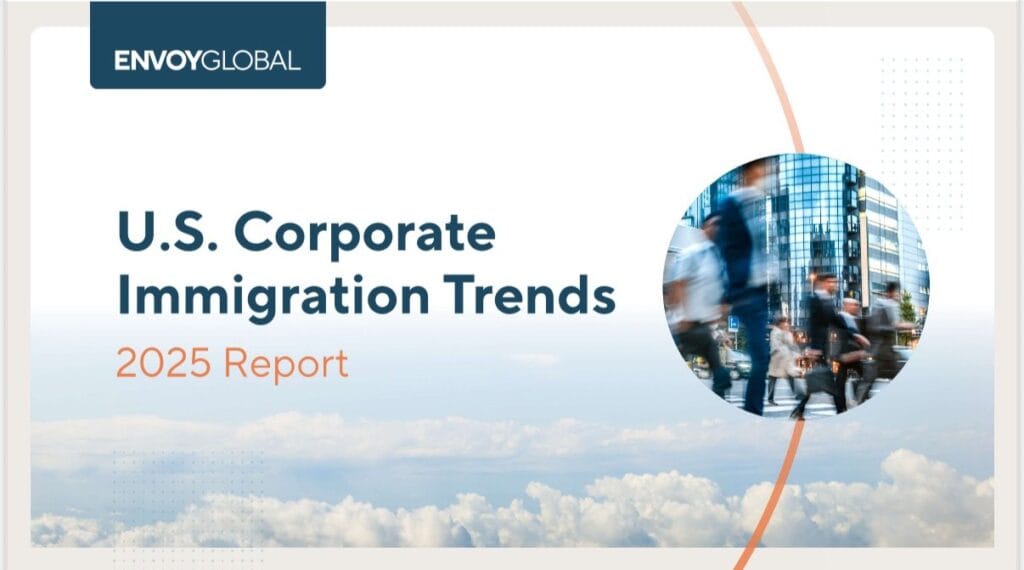New rules for foreign nationals entering Brazil
Brazil’s Ministry of Justice has recently introduced new rules for foreign nationals entering Brazilian territory without a visa, following concerns that the South American country has become a route for human trafficking and a ‘bridge’ for illegal immigrants trying to reach the United States and Canada.

The new rules state that immigrants who arrive in Brazil without an entry visa and with the intention of continuing their journey to another country must continue to their final destination or return to their country of origin immediately.
The measure is part of the new rules for the reception of immigrants that the Ministry of Justice and Public Security announced in August. The new rules apply only to foreign travellers from countries whose citizens need a visa to enter Brazil.
Who needs a visa to enter Brazil?
Brazil adopts a visa granting policy based on the principle of reciprocity. That is, it requires an entry visa for people from countries that require the same for Brazilians. Brazil has bilateral agreements with around 90 nations, reciprocally abolishing the visa requirement.
The visa for foreigners is an official document, granted by Brazilian consulates abroad. It allows citizens of other countries to enter and remain temporarily in the national territory, provided that the legal requirements are met.
Transit rules in Brazil
In force since 2017, the Migration Law (Law No. 13,445) provides for five different types of visas:
- Visit
- Temporary
- Diplomatic
- Official
- Courtesy.
The law establishes that a visit visa is not required from a foreigner whose flight makes a connection or stopover in Brazilian territory, as long as the traveller does not leave the international transit area.
According to the Ministry of Justice and Public Security, the non-requirement of a visa for cases of connection or stopover sought to reduce bureaucratic procedures and speed up the flow of passengers on international trips. It ended up, however, facilitating the action of criminal organizations involved in human trafficking and the smuggling of immigrants, leading to an increase in the irregular migratory flow.
After investigations, the Federal Police concluded that immigrants without proper documentation are being lured by criminal groups. Most come from Asian countries and are attempting to reach the United States or Canada.
The police investigations found that travellers were instructed to, while still in their home countries, buy tickets for flights to other South American destinations with a connection or stopover in Brazil.
Instead of applying for an entry visa in advance, these travellers would request asylum upon arrival in Brazil, giving up on continuing their journey. Many even got rid of their original boarding passes.
Based on the rules in force until then, these travellers were then allowed to remain in the international transit area of the airport whilst waiting for a response to their asylum requests.
The most targeted airport is Guarulhos, in the metropolitan region of São Paulo. Until Wednesday 21 August, there were 481 passengers in transit in the restricted area of Guarulhos International Airport.
Also according to the Federal Police, asylum requests jumped from 69 in 2013 to 4,239 in 2023. Most of the applicants, however, left Brazil shortly thereafter, even before receiving a response to their requests.
In a letter sent to the Ministry of Justice shortly before the rule changes were announced, federal delegate Marinho da Silva Rezende Júnior, general coordinator of the PF’s Migration Police said: “Since the beginning of 2023, citizens of various nationalities have been passing through Guarulhos airport in transit and no longer going to the final destinations to which they purchased air tickets, alleging various reasons for requesting asylum in Brazil.”
According to the Ministry, the new rules aim to maintain fair, orderly and safe migration, without representing a change in the Brazilian policy of granting asylum.
However, some NGOs accuse the government of adopting an anti-migration policy and say that the new rules could harm refugees.
Impact on travel to Brazil
The law has now been updated to reflect this change. Visa-required nationals entering Brazil for visit or transit purposes should be aware of this new requirement and foreign travellers are likely to face increased scrutiny when arriving in or seeking entry to Brazil.
For more information on these changes and how it many impact your travel plans, please contact the Global Immigration team at Smith Stone Walters.















